>>
>>
Fear of "Fire"
Western Yen Bai, with its characteristic high mountainous terrain, steep slopes, and harsh climate, is always a hot spot for forest fires, especially during the long dry season. In Mu Cang Chai, the cold winter with frost and ice on the high mountain peaks causes the vegetation to dry out and catch fire easily; when the dry season comes, strong Lao winds combined with the slash-and-burn farming and grazing practices of the Mong people make the risk of forest fires always at "red alert" level.
In 2024, Mu Cang Chai recorded 5 fires, causing damage to more than 4 hectares of forest. Similarly, in Tram Tau district, the 2024-2025 crop year is forecasted to have many potential risks due to complicated weather developments.
Mr. Lai Van Quang - Deputy Director of the Forest Protection Management Board (FPMB) of Tram Tau district, shared his concerns: "The weather this year is very complicated and unpredictable. From the beginning of the year, frost has appeared on high mountain peaks, the dry season is forecast to last long and the risk of forest fires is very high. Therefore, we have proactively implemented preventive measures early on."
Although in the 2023-2024 crop year, Tram Tau only recorded 3 fires with damage to 6.53 hectares thanks to proactive measures, forest fire prevention and fighting (PCCCR) work was not neglected.
Proactive "4 on-site" plan
Faced with the complicated weather and the current risk of forest fires, the western localities of the province have proactively taken action with a determined spirit, not being passive or surprised. In Mu Cang Chai, the prevention system has been tightened. The district has completed 14 commune-level Forest Fire Prevention and Control Steering Committees with more than 400 members, while consolidating and establishing 108 new shock teams to patrol and protect forests with nearly 650 people participating.
Mr. Nguyen Hung Son - Deputy Director of the Forest Protection Department of Mu Cang Chai district said: "The unit has closely coordinated with the Forest Protection Department and the commune authorities to regularly organize community meetings. We focus on disseminating legal knowledge, clearly stating the unpredictable harm of forest fires and strict regulations on slash-and-burn farming. In particular, nearly 12,000 households, accounting for 92% of the total number of households, signed a commitment to protect forests and prevent forest fires".
In addition, the clear demarcation of boundaries between villages and forest blocks and the repair of nearly 280km of firebreaks are creating effective "belts" to prevent the spread of fire. Hundreds of fire watchtowers and temporary shelters at high points are also maintained on duty 24/7 to detect forest fires early.
In Tram Tau, forest fire prevention and control work has also been systematically implemented. The district has completed 12 commune-level steering committees, established 12 mobile teams (244 people) and 55 village forest fire prevention and control teams (294 people), and mobilized the participation of more than 6,100 households contracted to protect forests. The district forest protection management board coordinated with forest rangers, police, and local authorities to step up propaganda, invest in equipment, build boundary lines, watchtowers, and warning signs.
The forest rangers also directly support people in safely handling the vegetation and complying with the slash-and-burn procedures. The district also increases staff in key communes and border areas, maintains on-duty, inspects, controls, and grasps information on forest fire forecasts and warnings to promptly advise and direct.
Attaching people's responsibility to the forest
A bright spot in forest management and protection in the Western districts is the effective implementation of the policy on payment for forest environmental services (PFES). In De Xu Phinh commune (Mu Cang Chai), people are very excited to receive this amount of money every year.
Mr. Chang A Song - Vice Chairman of the Commune People's Committee shared: "Forests play an extremely important role, providing irrigation water for people in agricultural production, while creating livelihoods and income from the policy of paying for forest services. This amount of money not only improves people's lives but also helps increase people's responsibility in protecting the forest. The commune government always coordinates with forest rangers and the Forest Management Board to organize patrols, propaganda, and mobilize people not to burn fields during the dry season and establish shock troops in villages to be ready to respond when there is a fire."
The DVMTR money not only raises awareness of forest protection but is also effectively used by people to reinvest in production such as buying seeds of plants and animals, contributing to stabilizing life and reducing pressure on forest resources. This is a sustainable approach, harmonizing conservation and development.
The dry season is still at its peak, the risk of forest fires is still latent. However, with the drastic participation of the entire political system, the synchronous coordination between forces and especially the increasing awareness and responsibility of the people linked by the benefits from the forest, the districts in the West of Yen Bai are building a solid defense posture.
From Mu Cang Chai to Tram Tau, the "green shields" are being strengthened every day. Patrols and guards are being strengthened, firebreaks are being cleared, and assault teams are ready to take on missions.
Hung Cuong
Source: https://baoyenbai.com.vn/12/349247/Mien-Tay-cang-suc-ngan-lua-giu-rung.aspx


![[Photo] General Secretary To Lam receives leaders of typical Azerbaijani businesses](https://vphoto.vietnam.vn/thumb/1200x675/vietnam/resource/IMAGE/2025/5/8/998af6f177a044b4be0bfbc4858c7fd9)


![[Photo] General Secretary concludes visit to Azerbaijan, departs for visit to Russian Federation](https://vphoto.vietnam.vn/thumb/1200x675/vietnam/resource/IMAGE/2025/5/8/7a135ad280314b66917ad278ce0e26fa)

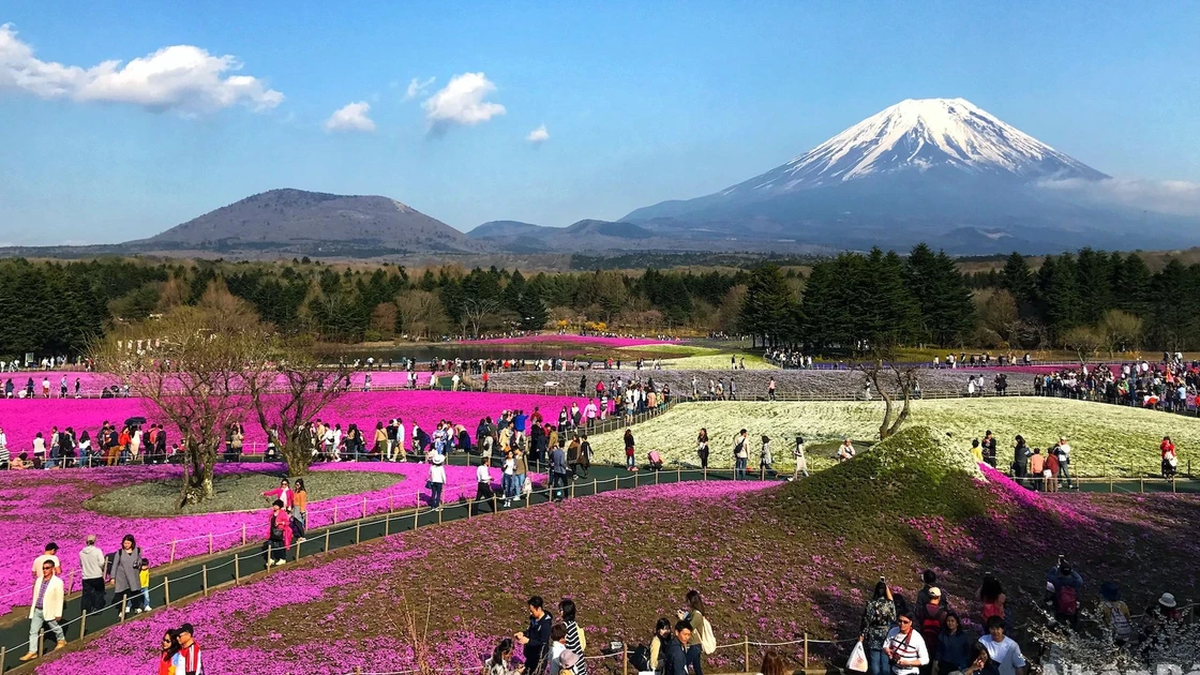
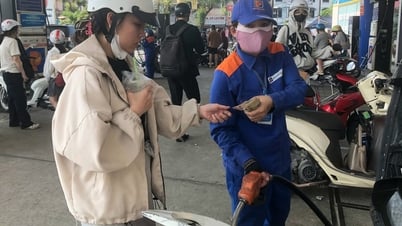
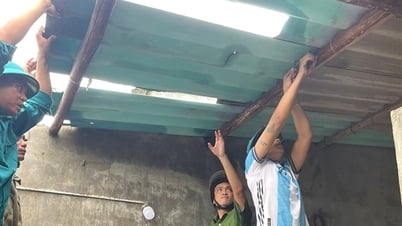
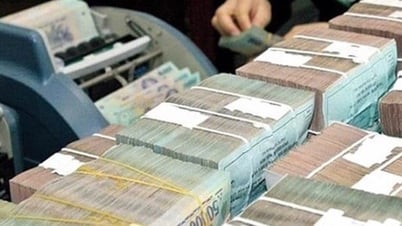


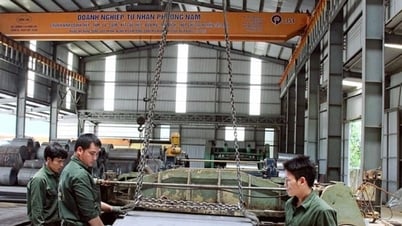






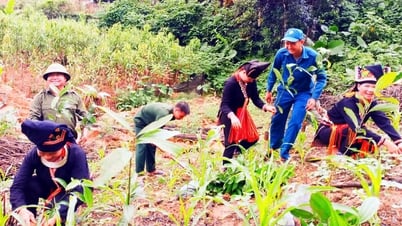


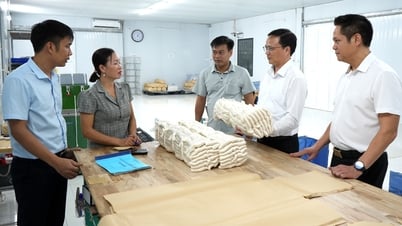


































![[Photo] Prime Minister Pham Minh Chinh talks on the phone with Singaporean Prime Minister Lawrence Wong](https://vphoto.vietnam.vn/thumb/402x226/vietnam/resource/IMAGE/2025/5/8/e2eab082d9bc4fc4a360b28fa0ab94de)










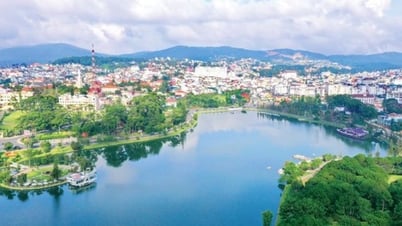
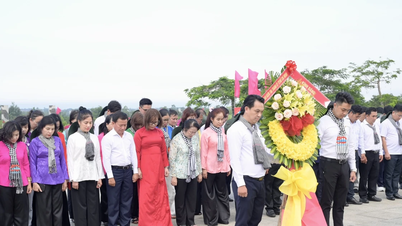




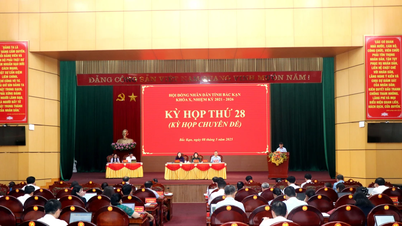















Comment (0)